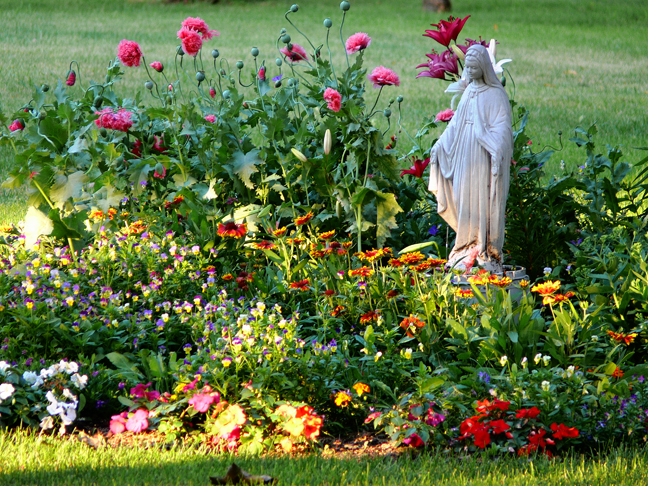
Ever read any P. G. Wodehouse? Very funny stuff. Mostly about an extremely charitable and resourceful manservant by the name of Jeeves who employs uncommon creativity saving his bumbling employer Bertie Wooster from the most awkward of consequences. The stories appeal on two levels. One, we'd all love to be so benevolently saved from the consequences of our own inept selves. And two, as intricately crafted imaginative constructions, the stories are almost without peer. Rudyard Kipling's Just So Stories, perhaps. But Kipling seems less gleeful. Those two concepts, "just so" and "benevolence", are a curious pair. Most who find comfort in religious teachings eventually come to believe in the protective wisdom and hand of a benevolent higher being. Similarly, folks who coldly and dispassionately study the workings of the universe invariably find themselves pondering the probability that if certain physical parameters weren't set "just so", life and the universe as we know it just never would have come into existence. In a certain sense, it appears the very design of the universe is set to benevolently favor the eventual evolution of thinking observers just like us. That probability has been labeled "the anthropic principle". "Just so" is a concept of balance. "Benevolence" implies goodness, wholesomeness, protection from harm and disappointment. Intuitively, we all believe that if factors were "just so" we'd be more happy and satisfied. It's a state our entire being pushes us toward. Happiness and fulfillment would seem to be an ideally balanced state of homeostasis, everything we need just when we need it. The curious thing is that seldom do we ever experience such a state. And if we do, it never lasts for very long. No matter how hard we try, our ineptitude eventually prevails, which should be ample evidence a superior being is neither consistently watching over us nor that a benevolent universe is consistently evolving us in a comforting direction. But we are undaunted. Our desire to achieve "just so" homeostasis continues. Wouldn't it be a fascinating development for more and more people to realize their own happiness and satisfaction depends as much on what they accumulate and consume as on what they leave for others? A little bit of that kind of thinking might have gone a long way toward dampening the tide of greed that has resulted in the current worldwide financial crisis. |
• Posted: Mar 21, 2009 08:09:01
• Comments Welcome
• Vote CoolPhotoblogs
• Purchase a Print
• Share
Wednesday, July 5th, 2006 Medina NY USA |